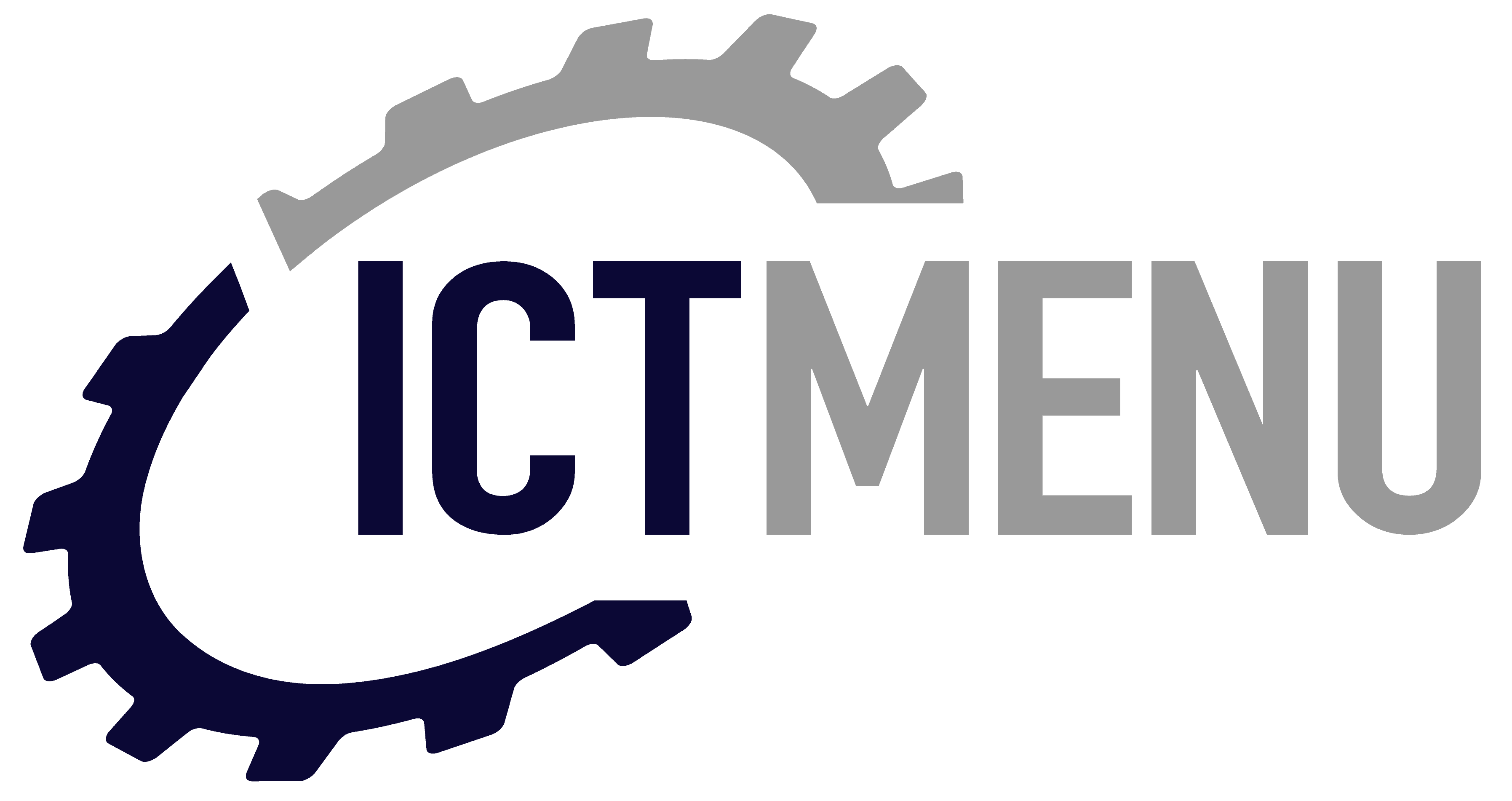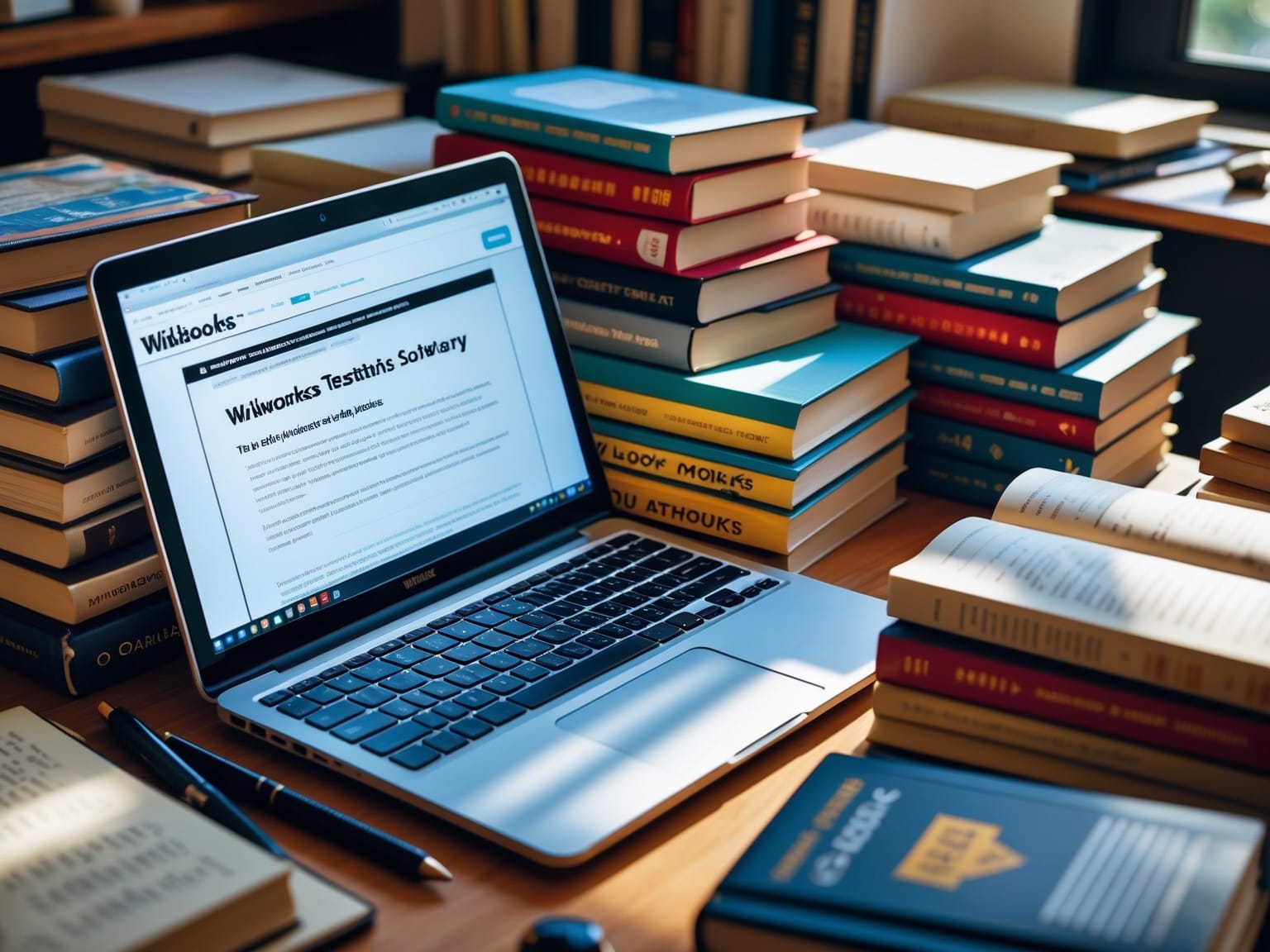WikiBooks offers a vast library of free digital textbooks that anyone can edit. This platform is a part of the Wikimedia Foundation, focused on creating collaborative educational resources. Ideal for students, educators, and self-learners, WikiBooks provides content across various subjects. Discover how WikiBooks empowers education through open access and collaborative learning. Learn how you can contribute to and benefit from this innovative educational resource.
Understanding WikiBooks
WikiBooks has revolutionized the way educators and students access textbooks by providing a collaborative platform for creating and refining educational content. This vast repository of free textbooks empowers educators to contribute their expertise, editing and expanding on existing works to ensure accuracy and comprehensive coverage of diverse subjects. By engaging in this cooperative effort, educators around the globe craft high-quality resources that are continuously updated and improved.
With WikiBooks, access to educational material becomes flexible and unrestricted. Users can delve into a wide range of topics anytime, anywhere, accommodating different learning paces and preferences. This perpetual availability of information is a boon for students, offering them the opportunity to enhance their knowledge outside traditional classroom settings.
As an open-source initiative, WikiBooks leverages the power of Creative Commons licenses, allowing content to be used and distributed freely. This approach not only broadens the reach of educational resources but also cultivates a culture of sharing and innovation within the educational community. Contributing to or utilizing WikiBooks does not require technical expertise, making it accessible to anyone with an internet connection and a passion for knowledge.
Transitioning seamlessly into the next aspect of WikiBooks, the process of creating content on this platform invites educators and enthusiasts to share their insights and expertise openly. This next chapter explores the mechanisms and guidelines that facilitate the creation of new textbooks, inviting more contributors to join this global community of knowledge sharers.
Creating Content on WikiBooks
WikiBooks offers an open platform where anyone can delve into creating educational resources. This free platform is an exciting realm for educators, learners, and experts eager to contribute their knowledge. Getting started on WikiBooks is straightforward. Begin by registering on the site; this simple step opens the doors to a global community of contributors. Once registered, you can start your contribution journey by either editing existing content or creating new textbooks. The intuitive editing tools available on WikiBooks empower contributors to enhance their texts effectively. With these tools, you can format text, insert images, and link to related content. These features ensure that the material is not only engaging but also informative.
Quality is paramount in educational resources. On WikiBooks, ensuring quality involves adhering to guidelines and regularly reviewing the content to maintain accuracy and relevance. Contributors are encouraged to cite sources and collaborate with others, fostering a cooperative environment where information is continuously refined.
Creating content on WikiBooks is more than just writing; it’s about expanding a pool of knowledge accessible to everyone. As you embark on this journey, the collaborative nature of WikiBooks allows you to connect with like-minded individuals committed to education. Transitioning to the benefits of using WikiBooks, this dedicated platform not only broadens personal knowledge but also contributes to the collective understanding, ultimately enhancing learning experiences worldwide.
The Benefits of Using WikiBooks
WikiBooks offers an extraordinary educational platform that extends beyond mere free access, revolutionizing the way learners engage with content. By eliminating the need for costly traditional textbooks, WikiBooks provides a cost-effective solution, making education accessible to more people around the world. This is particularly significant in today’s age, where educational expenses can act as a barrier to information.
One of the pivotal advantages of WikiBooks is its up-to-date content. Unlike conventional textbooks that may take years to publish and update, WikiBooks are in a constant state of evolution. The community-driven nature of the platform ensures that contributions keep the material current, relevant, and rich in diverse perspectives. This ongoing revision process allows learners to stay informed with the most recent developments and ideas, making WikiBooks an invaluable resource for both students and educators.
In addition, WikiBooks fosters global collaboration by engaging a diverse array of contributors from various cultural and academic backgrounds. This collaborative effort harnesses the collective knowledge of the global community, offering unique insights and fostering a more comprehensive learning experience. Users can interact and contribute to the learning material, enhancing the educational landscape through shared knowledge and experience.
As this exploration of WikiBooks’ benefits concludes, it sets the stage to discuss its broader impact on education. By removing financial and geographic barriers, WikiBooks is not just reshaping the educational landscape but also paving the way for a more inclusive, informed, and collaborative world of learning.
Impact on Education
WikiBooks to education is like a breath of fresh air, offering transformation across diverse learning environments. In a world where educational practices are continuously evolving, WikiBooks stands as a beacon of open access, enabling widespread participation and inclusion. This free digital textbook platform significantly enhances inclusive learning by inviting contributions from diverse groups. Its open nature encourages students from various backgrounds to engage collaboratively, increasing the richness of content and perspectives. Schools and educational institutions thereby adapt to the ever-changing demands and dynamics of education more effectively.
By integrating WikiBooks into their curricula, teachers unlock innovative teaching methodologies, crafting lessons that are not only flexible but also deeply engaging. The dynamic and editable nature of WikiBooks allows educators to fine-tune content to align with specific learning objectives and student needs, promoting a more personalized learning experience. This fluid adaptability ensures that educational resources remain up-to-date and relevant, providing students with the knowledge necessary to excel in an ever-changing world.
Furthermore, the seamless incorporation of WikiBooks into educational practices underscores a shift towards a more interconnected and resourceful learning environment. This platform’s impact is profound, setting the stage for the chapter to follow, which explores real-world case studies of success. With these successful implementations, the transformative power of WikiBooks in education continues to illuminate the path forward, proving itself as an indispensable tool in the modern learning landscape.
Case Studies of Success
WikiBooks has dramatically altered the educational landscape, offering a powerful platform for open access and collaborative learning. Universities around the globe have seamlessly integrated WikiBooks into their curricula, highlighting its adaptability to diverse educational frameworks. One notable example is the University of California, which has adopted WikiBooks as supplementary material in several departments. This integration not only reduces textbook costs for students but also encourages them to participate actively in the updating and expansion of course materials.
Community-driven projects on WikiBooks have blossomed, particularly in regions with limited educational resources. In Kenya, for instance, local communities have come together to develop a repository of knowledge tailored to their unique cultural and educational needs. This initiative empowers educators and learners alike, fostering a sense of ownership and participation in the learning process.
Individual success stories further underscore the impact of WikiBooks on personal development. Take the case of Maria from Brazil, who utilized WikiBooks to gain proficiency in programming languages—skills that have since transformed her career. By accessing consistently updated content and collaborating with other learners, Maria was able to bridge educational gaps and achieve her professional objectives.
These real-world applications of WikiBooks not only illustrate its profound benefits but also pave the way for the future of education. As we transition into the next chapter, we will explore the exciting prospects and potential developments that lie ahead for WikiBooks and its role in shaping tomorrow’s educational tools.
Future Prospects
WikiBooks represents a continually evolving landscape in the realm of free digital education. Building on the successes illustrated in case studies, WikiBooks is poised for significant advancements. By embracing technological progress, WikiBooks is primed to integrate artificial intelligence and other cutting-edge technologies to enhance content creation and curation. Imagine AI-driven tools aiding contributors by offering real-time suggestions, ensuring accuracy, and improving content quality, creating a richer learning experience for users.
For global accessibility, extending language offerings is crucial. WikiBooks aims to provide textbooks in a broader array of languages, refining its ability to educate diverse populations worldwide. This expansion ensures that more individuals, regardless of linguistic background, can access and contribute to profound educational resources, democratizing knowledge on a global scale.
Collaboration with educational bodies opens new vistas for WikiBooks. By partnering with universities, schools, and educational institutions, it can enhance content validity and align resources with educational standards worldwide. Such partnerships could also facilitate translation projects, further broadening language coverage and ensuring content is culturally relevant and inclusive.
In shaping the future of education, WikiBooks is committed to innovation and growth. As it continues to expand, it not only remains a repository of free knowledge but also an accessible, collaborative platform that empowers learners, educators, and contributors. The proactive steps toward technological enhancement, linguistic expansion, and strategic partnerships underscore WikiBooks’ role in revolutionizing how we access and engage with educational resources.

